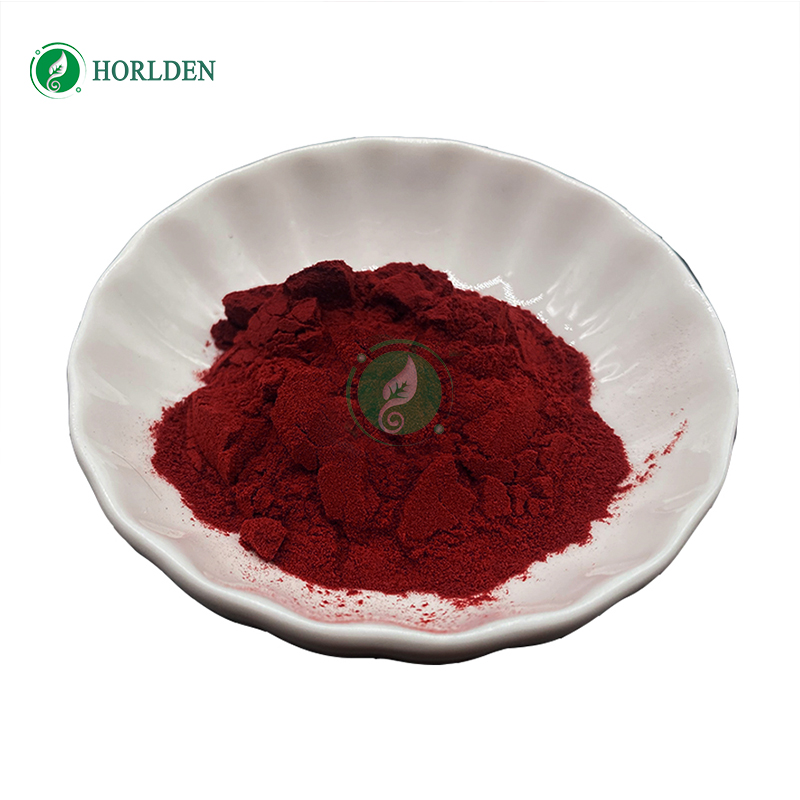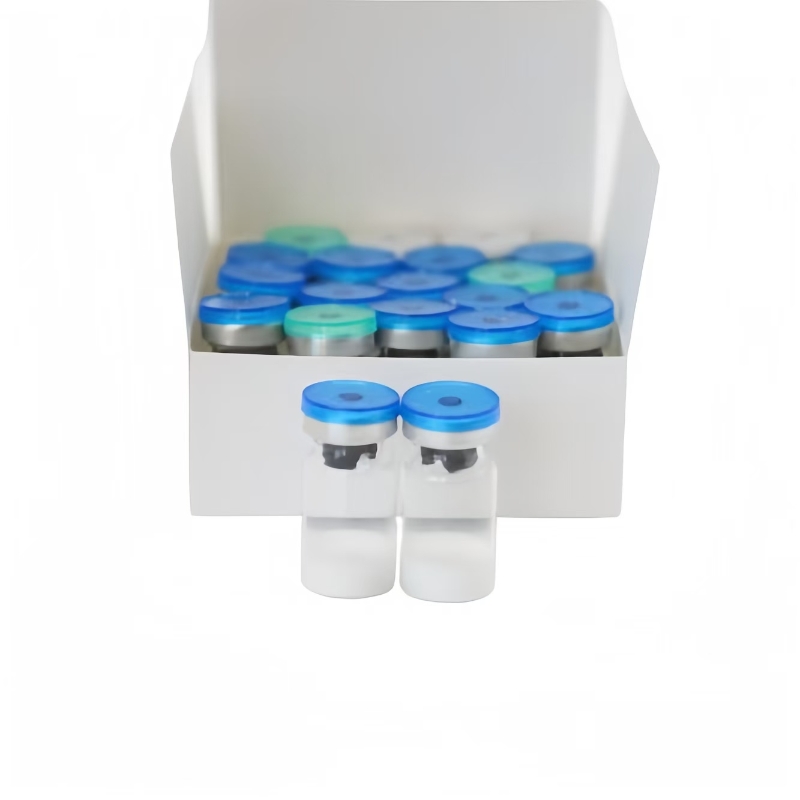-
Categories
-
Pharmaceutical Intermediates
-
Active Pharmaceutical Ingredients
-
Food Additives
- Industrial Coatings
- Agrochemicals
- Dyes and Pigments
- Surfactant
- Flavors and Fragrances
- Chemical Reagents
- Catalyst and Auxiliary
- Natural Products
- Inorganic Chemistry
-
Organic Chemistry
-
Biochemical Engineering
- Analytical Chemistry
-
Cosmetic Ingredient
- Water Treatment Chemical
-
Pharmaceutical Intermediates
Promotion
ECHEMI Mall
Wholesale
Weekly Price
Exhibition
News
-
Trade Service
Merck's Lyfnua (Gefapixant) is approved in Japan
Lyfnua (Gefapixant) is the first drug indicated for the treatment of refractory chronic cough (RCC) or unexplained chronic cough (UCC)
Recently, Merck & Co's new cough medicine Lyfnua (Gefapixant, MK-7264) 45mg tablet was approved in Japan
RCC refers to cough that persists despite appropriate treatment of the underlying disease, and UCC refers to cough for which the etiology cannot be determined after thorough evaluation
It is worth mentioning that Lyfnua is the world's first approved P2X3 selective receptor antagonist and the first drug specifically for the treatment of RCC and UCC
It is estimated that 5%-10% of adults worldwide suffer from chronic cough
This includes daily activities (such as talking and laughing), temperature changes, exposure to aerosols or food smells
The approval of Lyfnua will bring an innovative treatment option to patient populations battling this disease burden
The efficacy and safety of Gefapixant have been demonstrated in 2 pivotal Phase 3 clinical trials
The results showed that the study met its primary endpoint: a statistically significant reduction in 24-hour cough frequency (the number of coughs per hour measured objectively using 24-hour records)
The specific data are as follows:
(1) In the COUGH-1 study, the 24-hour cough frequency was significantly reduced by 18.
(2) In the COUGH-2 study, at the 24th week of treatment, the 24-hour cough frequency in the 45 mg twice-daily grifaximab group was significantly lower than that in the placebo group by 14.
On average, patients taking the 45 mg twice-daily dose of Gefapixant had a 62% reduction in cough frequency from baseline in the COUGH-1 trial and a 63% reduction from baseline in the COUGH-2 trial
Secondary endpoints support the primary observation of this study
The morning cough frequency results were broadly similar to the 24-hour cough frequency results, with the 45 mg twice daily dose reaching statistical significance in the COUGH-2 study (estimated relative reduction 15.
At 24 weeks, cough-related quality of life was significantly improved in the 45 mg twice-daily dose group compared with placebo (HR=1.
Among patients in the 45 mg dose group, 77.
1% experienced clinically important improvements in cough-related quality of life (as measured by the LCQ)
.
In both studies, the safety and tolerability of Gefapixant was consistent with previous reports
.
Serious adverse event rates were similar between groups (<4%)
.
The 45 mg group was discontinued due to higher rates of adverse events and taste-related adverse events
.
Most taste-related adverse events were mild to moderate
.
(Source: Internet, reference only)







